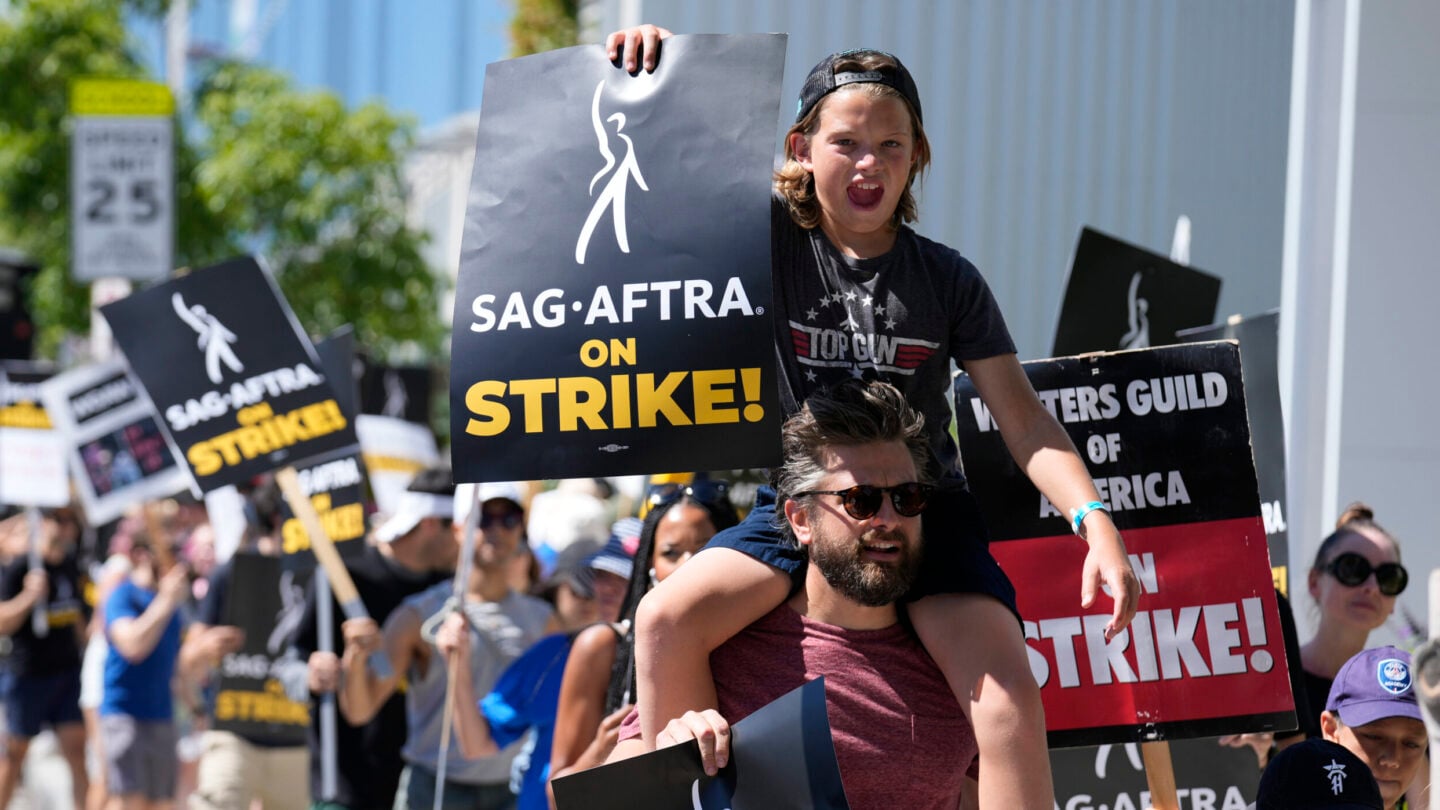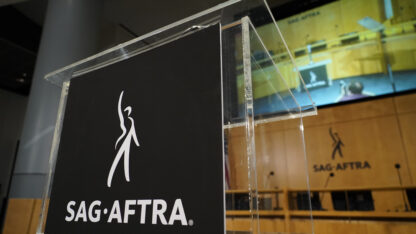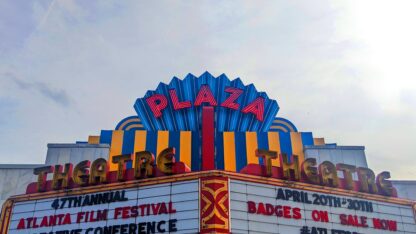Georgia, dubbed by many television and film leaders the “Hollywood of the South,” has joined production capitals New York and Los Angeles in experiencing the latest consequences of two of the most powerful labor union strikes to hit the entertainment industry in recent years.
Contract negotiations between major studios and TV and film actors fell apart before Wednesday night’s deadline, leading Screen Actors Guild president Fran Drescher to announce Thursday that the union voted unanimously to strike for the first time since 1980.
“It’s a very serious thing that impacts thousands, if not millions of people, all across this country and around the world, not only members of this union but people who work in other industries that service the people that work in this industry,” said Drescher at a recent press conference.
The guild’s website states it is home to over 150,000 members nationwide, ranging from actors, announcers, puppeteers, voiceover artists and other media professionals.
Drescher stated that a primary reason for the decision to strike was the seemingly lack of concern from studio executives to initiate fair and livable financial compensation for performers.
The concerns of SAG-AFTRA are similar to that of The Writers Guild of America, who have been on strike since May 1. With shorter numbers of episodes for production seasons and a lack of syndication residuals due to streaming platforms such as Netflix, Amazon Prime and Apple Plus taking the industry by storm, both writers and actors state that many are struggling to make ends meet.
The delayed lapses in between seasons, with many ranging from six months to two years, also mean a lack of job opportunities and financial compensation.
For actors in particular, specifically background actors, there is now the threat of artificial intelligence limiting work while simultaneously making profit off of talent.
“[Studios] proposed that our background performers should be able to be scanned, get paid for one day’s pay, and the company should be able to own that scan, that likeness, for the rest of eternity, without consideration,” said Duncan Crabtree-Ireland, the union’s national executive director, alongside Drescher.
“We are the victims here. We are being victimised by a very greedy entity. I am shocked by the way the people that we have been in business with are treating us,” Drescher added. “It is disgusting. Shame on them. They stand on the wrong side of history.”
Georgia is home to actors, costume designers, hair and makeup crews and hundreds of production hands. With over 3,000 SAG-AFTRA members within Atlanta alone, the city is certain to see its share of picket lines across metro-Atlanta-based studios in upcoming days.
While there are many Georgia actors and background extras who are non-union, a majority of the leads and supporting actors for Georgia-based television and film projects are. The recent decision of the performer’s guild will continue on a long string of projects that have already faced difficulty due to the Writer’s Guild of America Strike, now in its 73rd day of protest.
As of Friday, actors in the union have joined the Writer’s Guild on the picket line, the first time both unions are on strike together in over six decades.
According to the Atlanta Journal-Constitution, planned series that will be delayed include Tyler Perry productions “Assisted Living” and House of Payne,” as well as the upcoming second season of ABC’s “Will Trent,” all of which were to begin production later within the month.
As part of the strike, actors apart of the guild are not only prohibited from being on set, but are also highly encouraged to avoid public media appearances, award shows and even to refrain from recording ADR or narration for work that has already been pre-filmed.









